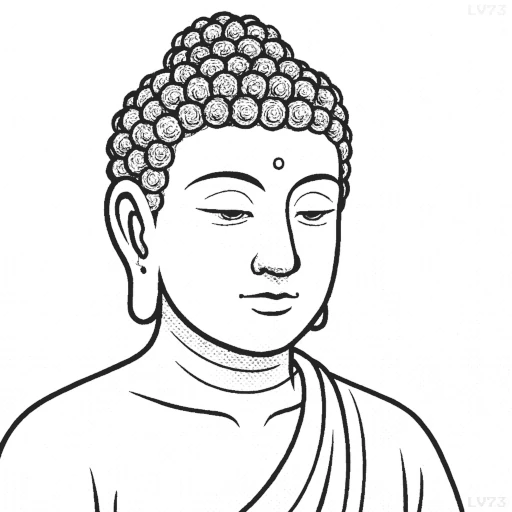“I do not believe in a fate that falls on men however they act; but I do believe in a fate that falls on them unless they act.”

- 7th century BC to 5th century BC
- Indian
- Religious leader, thinker
table of contents
Quote
“I do not believe in a fate that falls on men however they act; but I do believe in a fate that falls on them unless they act.”
Explanation
This quote challenges the idea of predestination or an uncontrollable fate that dictates how events unfold, suggesting instead that fate is shaped by inaction rather than action. It conveys the idea that if a person does not take responsibility for their choices, inaction will lead to a future that feels out of their control. By not acting, they unknowingly submit to circumstances and become subject to the forces around them, whereas taking deliberate action can shape their destiny. The message encourages us to be proactive in our lives, making choices that lead us toward growth, progress, and fulfillment.
In modern life, this idea resonates with the importance of personal responsibility. It suggests that passivity in the face of challenges, opportunities, or personal goals can lead to feelings of helplessness or a sense of life being dictated by outside forces. For example, if someone does not take action in their career or personal development, they may find themselves stuck in a position they do not want. However, by taking active steps—no matter how small—towards their goals, they create their own path. The quote is a reminder that inaction can trap us in a static existence, while action empowers us to make meaningful changes in our lives.
Historically, Buddha’s teachings on karma align with this idea, as he emphasized that the future is shaped by the actions we take in the present. While fate may seem inevitable, it is actually our choices, our effort, and our mindfulness that create the conditions for the life we live. Inaction or avoidance leads to missed opportunities for spiritual growth, while deliberate, mindful action moves us toward enlightenment and liberation from suffering. Buddha taught that taking responsibility for our actions is the key to breaking free from the cycle of samsara and shaping a positive future.
Would you like to share your impressions or related stories about this quote in the comments section?


